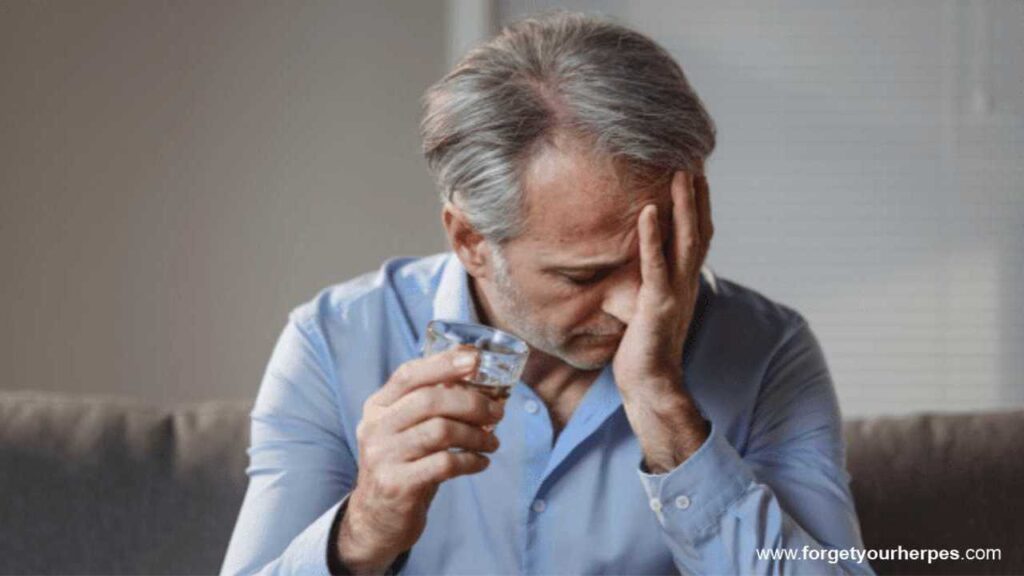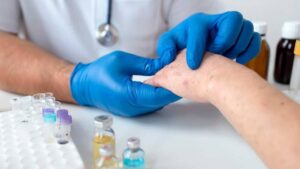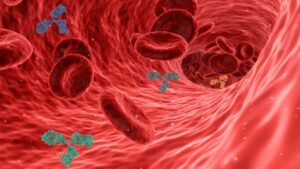Alcohol consumption is a common social practice in many cultures, but there are a number of concerns when it comes to combining alcohol and herpes. While alcohol is not the direct cause of herpes, it can have a negative impact on health and the immune system, which can increase the risk of herpes outbreaks and complicate the treatment of the infection.

Reasons Why Alcohol Doesn’t Mix with Herpes
One of the main reasons why alcohol can affect herpes is its impact on the immune system. Excessive alcohol consumption can weaken the immune system, making it less capable of fighting infections, including the herpes virus.
The immune system plays a crucial role in controlling the herpes virus, and any weakening can allow the virus to multiply and cause more frequent and severe outbreaks.
Additionally, alcohol can have a dehydrating effect on the body. Dehydration can compromise the proper functioning of the immune system and make it harder for the body to fight viral infections. Herpes is known to manifest more frequently when the body is stressed or weakened, and alcohol-induced dehydration can create an environment conducive to viral replication.
Another important aspect to consider is the behavior associated with alcohol consumption. Alcohol is often linked to risky behaviors such as unprotected sexual intercourse, which can increase the risk of contracting or transmitting genital herpes.
Additionally, when a person is under the influence of alcohol, they may be less careful about the preventive measures and hygiene necessary to avoid spreading the virus.
For those who already have herpes, alcohol consumption can worsen symptoms during outbreaks. Alcohol is known to have an inflammatory effect on the body, which can increase irritation and inflammation of herpes lesions.
Moreover, alcohol can decrease the effectiveness of prescribed antiviral medications for treating herpes, potentially prolonging the duration and severity of outbreaks.
However, it is important to note that each person may respond differently to the combination of alcohol and herpes. While some individuals may experience an increase in outbreaks and severe symptoms, others may not feel a significant impact.
It is crucial for each individual to observe and understand how their own body reacts to alcohol intake and make informed choices based on their own symptoms and experiences.
Living with Herpes and Consuming Alcohol
While it is advisable to limit alcohol consumption for those with herpes, this does not mean that moderate consumption is necessarily harmful. For many individuals, occasional and moderate alcohol intake may not cause significant negative effects on herpes outbreaks.
However, it is important to keep in mind that balance and moderation are essential.
If you have herpes and regularly consume alcohol, it is important to take measures to minimize associated risks. Here are some tips that may help:
- Moderation: Limit the amount of alcohol you consume. Excessive consumption can weaken the immune system and increase the risk of herpes outbreaks.
- Hydration: Drink plenty of water before, during, and after alcohol consumption to prevent dehydration. This can help maintain a healthy immune system and decrease the risk of outbreaks.
- Awareness of risky behaviors: Be aware of how alcohol consumption can affect your judgment and behavior. Take extra precautions to avoid transmitting herpes during times of alcohol consumption, such as using condoms and practicing safe sex.
- Self-care: If you are experiencing a herpes outbreak, avoid consuming alcohol as it can irritate the lesions and prolong the healing process. Prioritize rest, maintain a balanced diet, and take care of your body to strengthen the immune system.
- Consult a healthcare professional: If you have any questions or concerns about the combination of alcohol and herpes, it is always advisable to seek guidance from a doctor or healthcare professional. They can provide personalized information based on your medical history and guide you on best practices for managing herpes while consuming alcohol.
Sumary
While alcohol itself is not the direct cause of herpes, it can negatively impact health and the immune system, increasing the risk of outbreaks and complicating the treatment of the infection.
It is important to understand how your body reacts to alcohol and take appropriate measures to minimize risks, such as consuming in moderation, staying hydrated, and taking extra precautions to avoid transmitting herpes during alcohol consumption. Always consult a healthcare professional if you have specific doubts or concerns about your situation.




